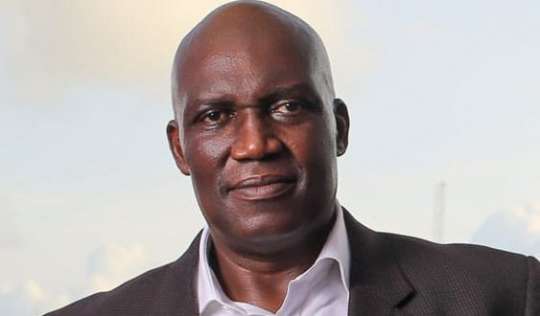
COVID-19: Ken Thompson speaks on how to allocate SMEs stimulus package
The Chief Executive Officer of one of the country’s finest finance houses, Dalex Finance, Mr Ken Thompson, has urged the government to use finance houses, savings and loans, and micro finance companies in good standing to disburse the stimulus package announced for small and medium enterprises (SMEs).
“We know how best to deal with them. We have their records and we know how they operate so we are in a better position to do so than the banks”, he said in an interview on an Accra-based radio station on yesterday.
Advertisement
Coronavirus alleviation programme
To mitigate the impact of the coronavirus on businesses and households and ensure that economic activities are sustained, while minimising job losses, the President, on Friday, March 27, 2020, announced the establishment of a Coronavirus Alleviation Programme (CAP).
Consequently, the Minister of Finance, Mr Ken Ofori-Atta was in Parliament yesterday to seek its approval for the appropriation of GHȼ1 billion to support individuals and businesses.
The ministry is proposing to use the equivalent of US$219 million from the Stabilisation Fund.
The CAP will focus on areas that will provide maximum results in alleviating the impact of the coronavirus pandemic, with a focus on protecting against job losses, protecting livelihoods, supporting small businesses and ensuring the programme is efficiently and sustainably implemented.
It is still not clear how much will specifically be allocated to SMEs to enable them to sustain their businesses.
Arguments against banks
Making a strong case to buttress his call, Mr Thomspson noted that in times like this the banks were not the most appropriate financial intermediaries for SMEs because they preferred to deal with the big corporate institutions whose risk profiles are lower.
According to him, the banks classify SMEs as high risk and, therefore, and therefore they are unwilling to offer the kind of support required them to run their businesses.
His stance against the banks supports the arguments that players in the SME space make about the banks’ interest charges.
Trade bodies such as the Ghana Union of Traders Association (GUTA), the Ghana Chamber of Commerce and Industry (GNCCI) and the Association of Ghana Industries (AGI) among others, have all maintained that the interest rates offered by the banks are prohibitive.
Interest rates
The prevailing interest rates offered by the banks is averagely between 27.5 per cent and 32.5 per cent depending on the client’s risk profile..
In view of the COVID outbreak and its impact on the economy, the President has charged the banks to drop their interest rates by two per cent to allow businesses to borrow at a cheaper rate.
In spite of that intervention, Ghana is still among the countries in the sub region with the highest interest rate regime.





